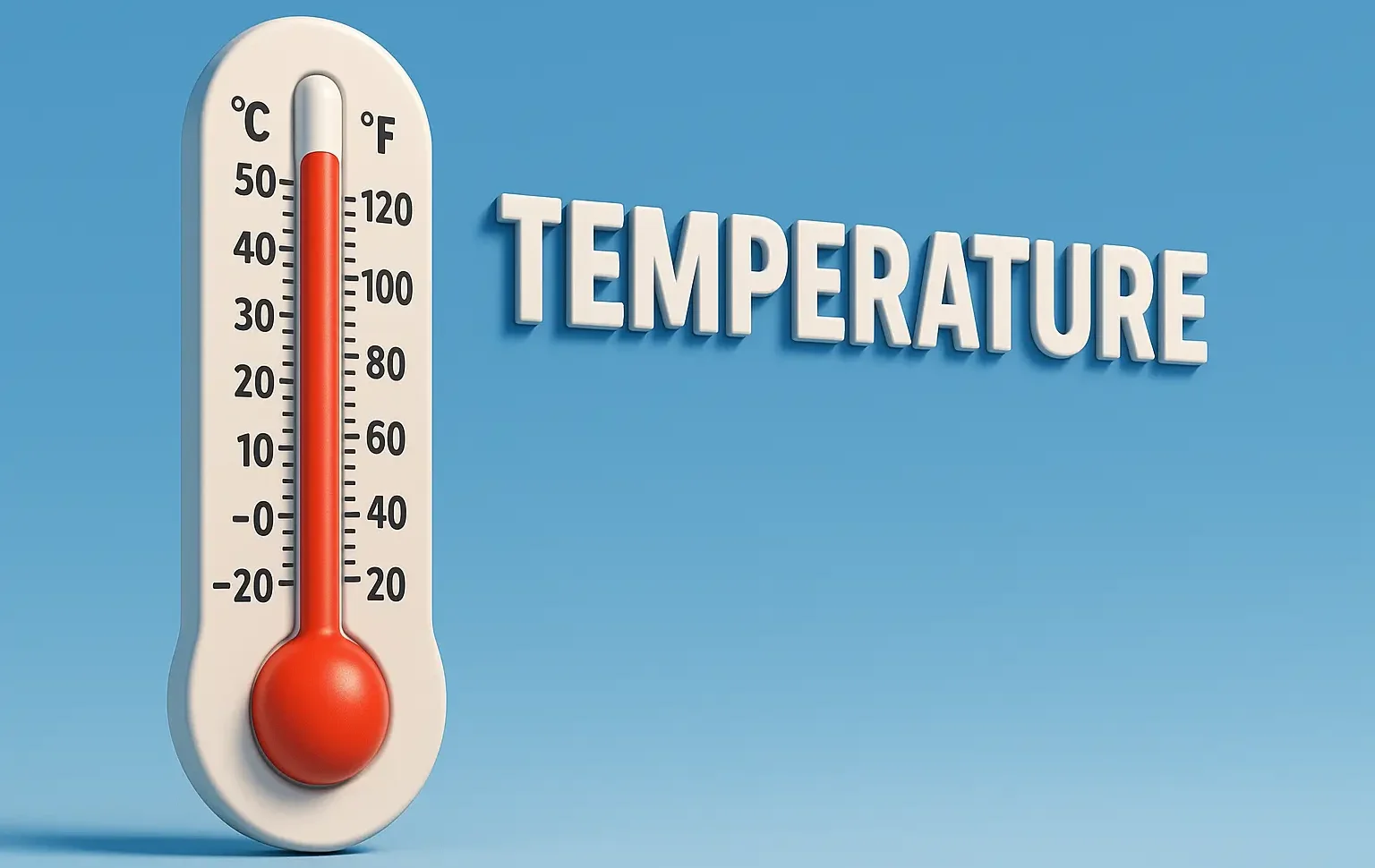Effect of Temperature:
- As Temperature increases, the rate of degradation increases.
- Described by Arrhenius equation:
$k = A \cdot e^{-\tfrac{E_a}{RT}}$
Advertisements
- Where:
- k = rate constant
- A = frequency factor
- Ea = activation energy (J/mol or cal/mol)
- R = gas constant (8.314 J/mol·K or 1.987 cal/mol·K)
- T = temperature in Kelvin
Implications:
- Helps estimate shelf life at room temperature from accelerated stability testing.
- Degradation doubles with every ~10°C increase.
Advertisements
Problem: Arrhenius Equation
Given:
- $k_{1} = 2 \times 10^{-3} \,\text{min}^{-1}$
- $k_{2} = 4 \times 10^{-3}\,\text{min}^{-1}$
- Find activation energy Ea
Solution:
- Use two-point form of Arrhenius equation:
Advertisements
$\ln\!\left(\frac{k_{2}}{k_{1}}\right) = \frac{-E_{a}}{R} \left(\frac{1}{T_{2}} – \frac{1}{T_{1}}\right)$
- Convert °C to K:
- $T_{1} = 298 ,\; T_{2} = 308 ,\; T2 = 308 \; K$
$\ln\!\left(\tfrac{4 \times 10^{-3}}{2 \times 10^{-3}}\right) = \tfrac{-E_a}{8.314}\left(\tfrac{1}{308} – \tfrac{1}{298}\right)$
Advertisements
$\ln(2) = \frac{-E_a}{8.314}\,(-0.0001087)$
$0.693 = \frac{E_a \times 0.0001087}{8.314}$
$0.693 = 8.314 \, E_a \times 0.0001087$
Advertisements
$$E_a = \frac{0.693 \times 8.314}{0.0001087} \approx 53{,}000 \,\text{J/mol} = \boxed{53 \,\text{kJ/mol}}$$

